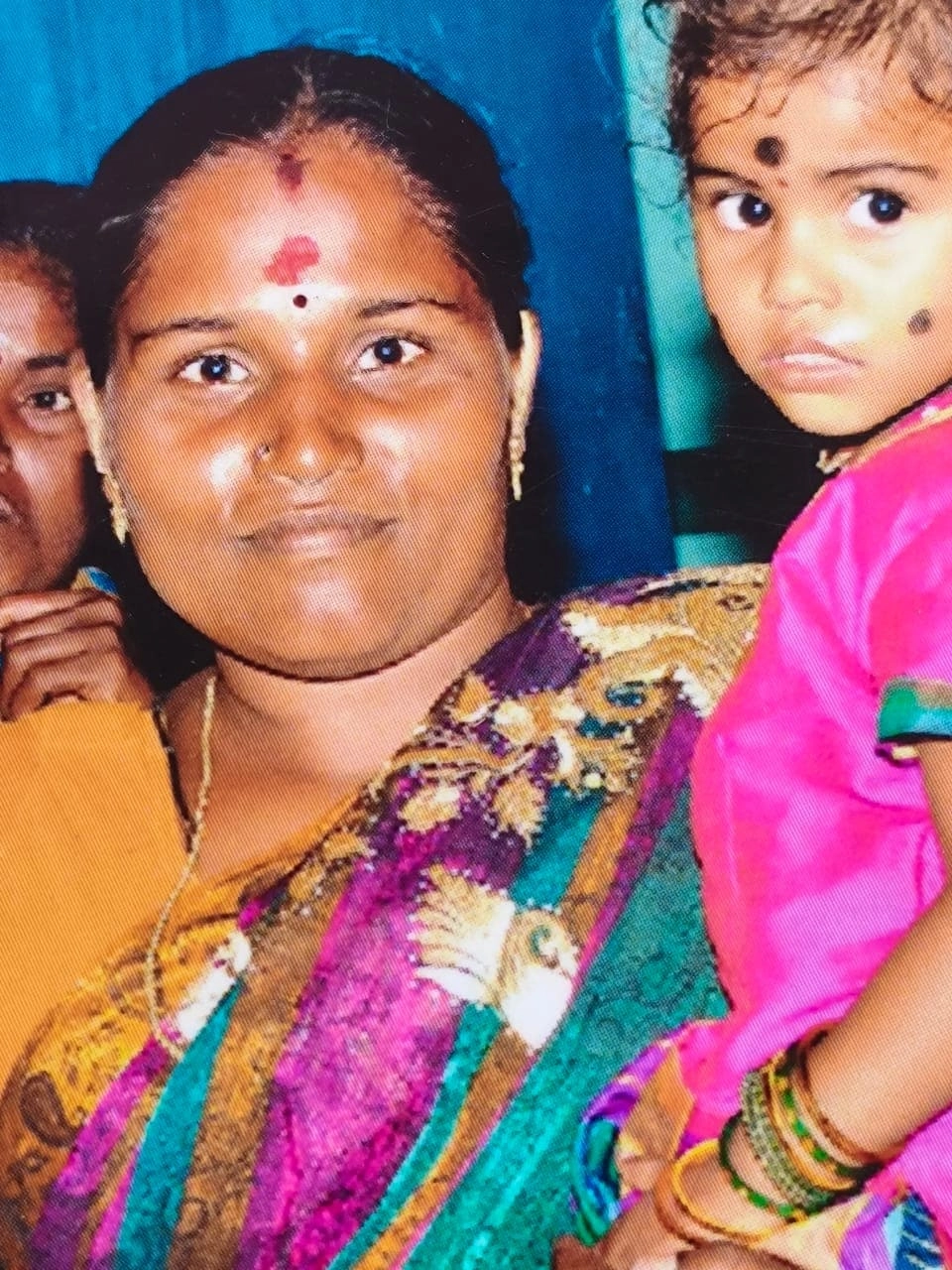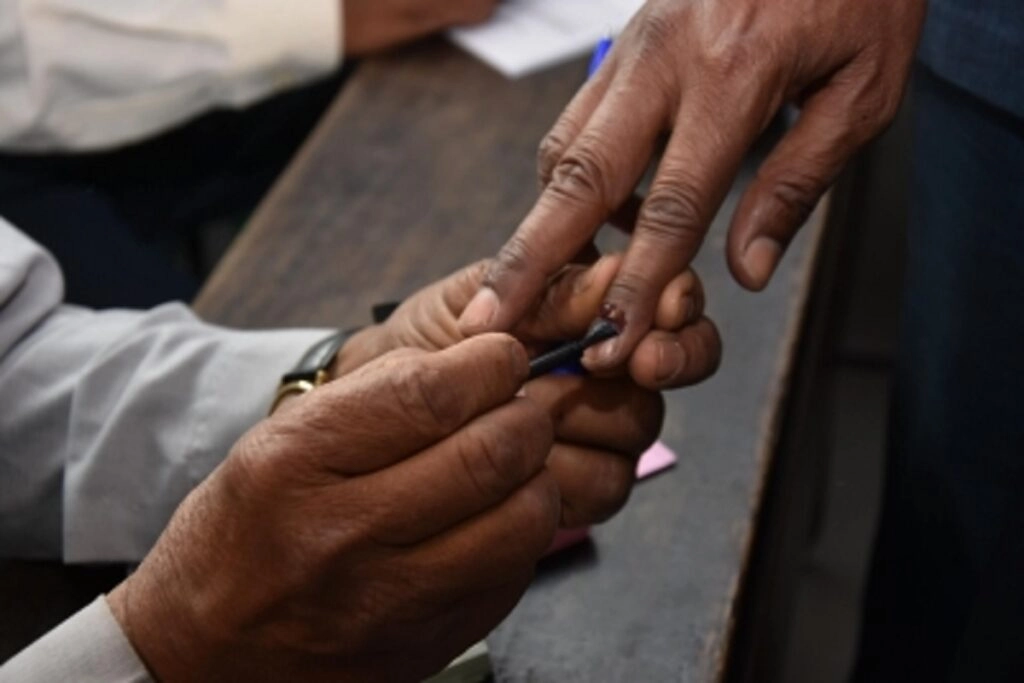The recent comments made by the Governor of Uttar Pradesh regarding live-in relationships have sparked significant debate and concern. During a public address, he warned that women involved in such arrangements could end up “cut into 50 pieces,” a statement that many have interpreted as not only alarming but also deeply misogynistic. The governor’s remarks reflect a broader societal issue surrounding women’s autonomy and their rights in a rapidly changing world. Live-in relationships, which are becoming increasingly common in India, challenge traditional norms and values. However, the response from political leaders often leans toward fearmongering rather than fostering understanding and acceptance.
Critics argue that such rhetoric perpetuates a culture of fear and control over women’s choices, effectively discouraging them from pursuing relationships that might be more suitable for their lifestyles. Instead of promoting healthy discussions about consent, mutual respect, and the complexities of modern relationships, the governor’s comments serve to reinforce outdated stereotypes and stigmas. This kind of language not only undermines women’s rights but also creates an environment where violence and discrimination can thrive. The idea that women must be protected from the consequences of their choices is a paternalistic viewpoint that needs to be challenged.
Moreover, this incident highlights the urgent need for a cultural shift in attitudes toward relationships, particularly in a country where traditional values often clash with contemporary lifestyles. It is essential for leaders to provide a more nuanced understanding of relationships, emphasizing the importance of personal choice and the right to love freely, without fear of retribution or societal judgment. As live-in relationships continue to gain traction among younger generations, it becomes increasingly important for political figures to engage in constructive dialogue rather than resorting to inflammatory language that incites fear.
Ultimately, the responsibility lies with society as a whole to foster an environment where individuals can make their own choices without the threat of violence or social ostracism. By promoting awareness and education about healthy relationships, consent, and personal agency, we can work toward dismantling the harmful narratives that continue to haunt discussions around live-in partnerships. The governor’s statement serves as a stark reminder of the work that still needs to be done to ensure that women in India—and everywhere—can exercise their rights and live freely, without the specter of violence or oppression looming over them.




